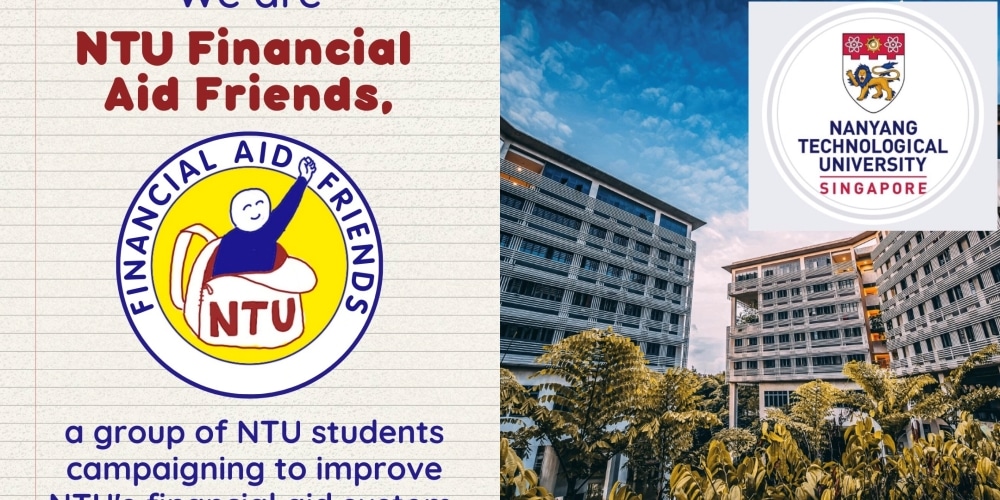Advocates of the death penalty should attend court hearings of prisoners on death row to fully “contend with their humanity”, said activist Kokila Annamalai on Friday (23 October).
Ms Kokila made her remarks following the Court of Appeal’s decision on Friday morning to allow Singaporean death row prisoner Syed Suhail Syed Zin’s appeal for judicial review to be heard in the High Court.
The Court of Appeal this morning dismissed the A-G’s arguments and allowed Mr Syed’s appeal on the basis that the Ministry of Home Affairs’ affidavit had failed to address why Datchinamurthy Kataiah–another death row inmate–sentenced to death before Mr Syed was not scheduled for execution despite having similarly exhausted all legal avenues.
Ms Kokila in a Facebook post today said that it “was deeply surreal and soul-crushing to listen to the court discuss the scheduling/order of Syed’s execution in the clinical, administrative manner it was while he sat there, in the flesh, so very alive”.
“I kept wondering how it must sound to his ears to hear the court deliberate the technicalities of his execution, never addressing him directly, never acknowledging fully, the morbid fact of our being gathered to fix a “fair” time for the wilful termination of his life – how dehumanising all of this is,” she wrote.
“I urge anyone who supports the death penalty to attend court hearings of capital cases, to confront the human being we are putting to death in the flesh, to speak to their families, to contend with their humanity fully,” said Ms Kokila.
Ms Kokila also shared parts of a conversation she had with Mr Syed after the court was adjourned.
She said that according to Mr Syed, death row inmates “are all very heartened that it finally it feels like Singaporeans care about us”.
He also told her that his sister sought to pass him questions that people had given to her that were directed to him.
However, Mr Syed said that “the prison didn’t allow her to share their questions with me”.
“I can’t think of any valid reason for this. I want to fight this,” Ms Kokila quoted him as saying.
Noting that there are also women on death row currently, Mr Syed told Ms Kokila that more than 20 of death row inmates have applied for clemency but had their petitions rejected.
“Please don’t stop speaking up and fighting for us. We are grateful for everything people are doing for us, for paying attention,” he was quoted as saying.
Mr Syed also told Ms Kokila that a “large majority” of death row prisoners are minorities — which is why “we have to talk about how race and poverty affect people and these issues”.
Ms Kokila said that Mr Syed “came across as an extremely gentle, thoughtful, intelligent and caring human being” who was “bright-eyed, cheerful, hopeful, earnest and full of purpose as he advocated for fellow inmates on death row”.
“He always spoke in the collective (“we”), even when I asked him questions specifically about himself, or expressed solidarity with him.
“I cannot imagine how anyone is made safer by killing him,” she said.
Ms Kokila stressed that such is why society “cannot just engage with the life and death of people as an abstract exercise”.
“[O]ur bodies and feelings, which we are so quick to minimise the importance of in so many institutional settings, tell us so much about our humanity and others’. Our visceral responses matter,” she said.
An intellectual approach to the death penalty, said Ms Kokila, does not shine light on “the truth” of the “horror” arising from “the thought of a noose tightening around the neck of the human being in front of us”.
“Maybe doing this will change your mind, maybe it won’t, but those on death row deserve at least that we don’t avoid the reality of what we do to them,” she said.
A week ago, Mr Syed’s lawyer Ravi Madasamy’s application for another review of the Court of Appeal’s decision in 2018 to uphold Syed’s conviction and death sentence was dismissed by the court.
On 17 September, the High Court allowed for an interim stay of execution for Mr Syed–just a day before he was scheduled to receive capital punishment.
The High Court will hear the judicial review of Syed’s case at a later date.








